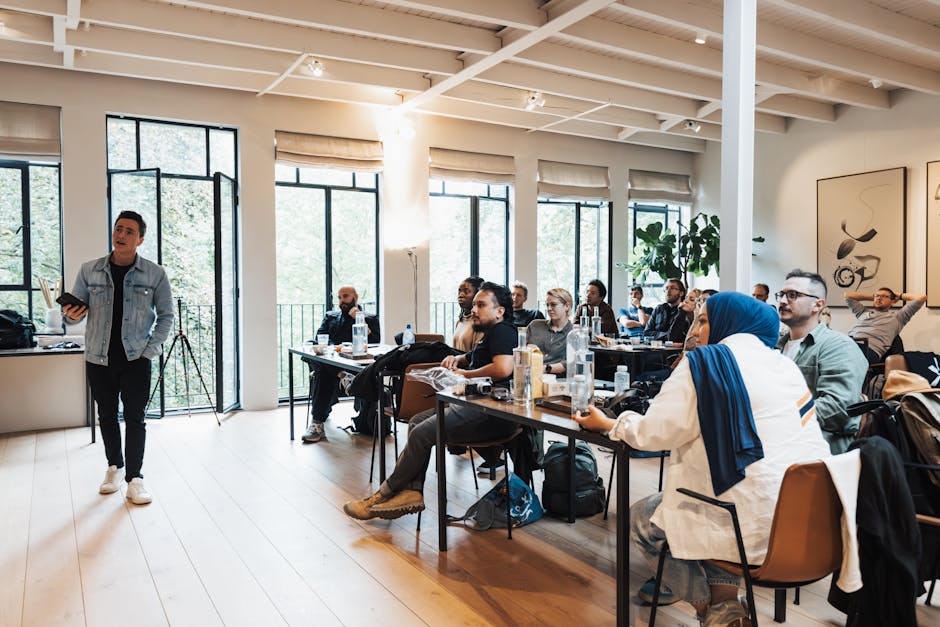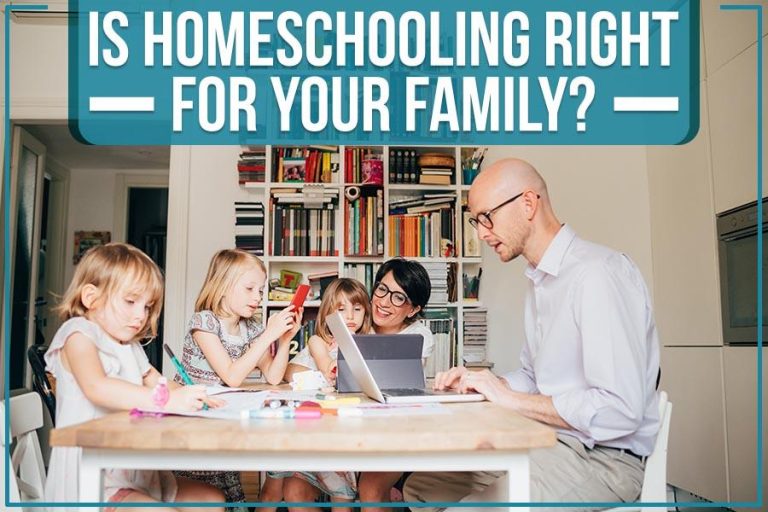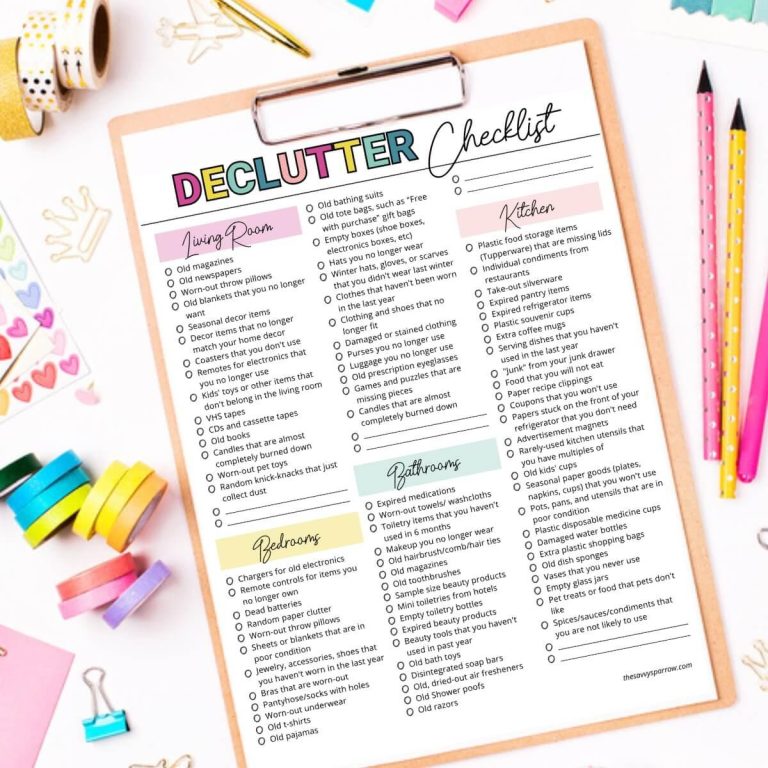Effective Communication Tips for Stronger Relationships

Communication is the key to any successful relationship – whether it’s with your significant other, your boss, or even your pet goldfish. But let’s face it, navigating the waters of effective communication can be trickier than untangling a slinky in a hurricane. Fear not, dear reader, for I am here to bestow upon you the wisdom of communication tips that will have you building stronger relationships faster than you can say “supercalifragilisticexpialidocious.” So grab a pen, a stress ball, and maybe some duct tape (you never know when it might come in handy), and let’s dive into the wild and wacky world of effective communication.

Key Elements of Effective Communication
Effective communication is like a recipe for a delicious dish – it requires the perfect combination of key elements to make it work. So, what are these key ingredients that can turn your communication from bland to brilliant? Let’s break it down:
- Clarity: Be crystal clear in your communication. Don’t leave room for misinterpretation or confusion. Think of it as giving directions to a lost puppy – keep it simple and straightforward.
- Active Listening: Communication is a two-way street, so don’t just talk, but also listen. Show the other person that you care about what they have to say, even if it’s just a long rant about cats or conspiracy theories.
- Body Language: Your non-verbal cues can say a lot more than your words. So, make sure your body language is open, friendly, and not screaming “I’m bored, get me out of here!”
And last but not least, the secret sauce of effective communication:
- Humor: A little humor can work wonders in breaking the ice and making the conversation more enjoyable. Just be careful not to turn into a stand-up comedian when discussing serious matters.

Active Listening Techniques for Better Understanding
Are you tired of people nodding along to your stories without truly understanding what you’re saying? Well, fear not! With the right active listening techniques, you can ensure that your audience is engaged and fully comprehending your words.
First and foremost, eye contact is key. While staring unblinkingly into someone’s eyes might come off as creepy, a steady gaze shows that you are actively listening and interested in what they have to say. Bonus points if you throw in an occasional nod or smile to show that you’re truly engaged.
Another important technique is paraphrasing. This doesn’t mean repeating everything the person says word-for-word, but rather summarizing their points in your own words. This not only shows that you’re paying attention, but also helps to clarify any misunderstandings.
And last but not least, ask relevant questions to show that you’re actively processing the information being shared. Remember, it’s not about waiting for your turn to talk, but rather about fully understanding the other person’s perspective.

Nonverbal Communication: The Silent Language of Relationships
Ever wonder why you and your partner could communicate more effectively if you were fluent in mime? Nonverbal communication plays a huge role in the silent language of relationships – it’s like having your own secret code that only the two of you understand!
From the way you furrow your brows to the way they roll their eyes, nonverbal cues can speak volumes without saying a single word. It’s like playing charades 24/7, but with a lot more eye contact and a lot less guessing.
Here are some key ways nonverbal communication can make or break a relationship:
- Body Language: Are they standing with their arms crossed? That’s probably not a good sign – unless they’re just really chilly.
- Eye Contact: A lingering gaze can say more than a thousand words. Unless they’re just daydreaming about pizza, in which case, who can blame them?
- Tone of Voice: Are they whispering sweet nothings or yelling like a banshee? Tone matters, folks. Unless they’re practicing their opera skills, in which case, bravo!
So next time you find yourself in a heated argument with your significant other, remember – sometimes silence speaks louder than words. Just make sure you’re both fluent in the language of love, or at least have a good translator on hand. And hey, if all else fails, you can always resort to the classic “I’m sorry” bouquet of flowers. Works like a charm every time!
Managing Conflict Constructively Through Communication
So, you find yourself in the middle of yet another heated argument with your significant other or coworker. Instead of resorting to throwing things or storming off in a huff, why not try ?
First things first, take a deep breath and remember that communication is key. Here are some tips to help you navigate through the storm:
- Listen more, talk less: Instead of jumping in with your side of the story, take the time to really listen to the other person’s perspective. You might be surprised at what you hear.
- Use “I” statements: Avoid pointing fingers and placing blame by starting your sentences with “I feel” or “I think.” This shifts the focus from accusing the other person to expressing your own thoughts and emotions.
- Find common ground: Look for areas where you both agree and build from there. It’s much easier to work through conflict when you can find some commonalities.
Remember, conflict is a natural part of any relationship, whether it’s personal or professional. By approaching it with a sense of humor and willingness to listen and compromise, you’ll be well on your way to resolving conflicts in a more positive and productive way.

Establishing Trust and Openness in Communication
Communication is key in any relationship, whether it’s with your partner, colleagues, or even your pet goldfish. But in order to have effective communication, trust and openness are essential ingredients. So let’s dive into some tips on how to establish trust and openness in your conversations.
First and foremost, honesty is the best policy. Be upfront and transparent in your communication, even if it means admitting that you accidentally ate the last cookie in the jar. Admitting your mistakes shows vulnerability and builds trust with the other person.
Another important aspect of communication is active listening. When someone is talking to you, put down your phone, stop thinking about what you’re going to have for dinner, and actually listen to what they’re saying. Show that you care about their thoughts and feelings by maintaining eye contact and nodding along.
Lastly, don’t be afraid to show your quirky side. Life is too short to be serious all the time. Crack a joke, share a funny meme, or break out into a spontaneous dance party during a Zoom call. Showing your true self will not only make others feel more comfortable around you, but it will also strengthen the bond of trust and openness in your communication.
The Power of Empathy in Strengthening Relationships
Empathy is like a superpower when it comes to building strong relationships. It’s like having the ability to read minds, but without the creepy factor. When you show empathy towards someone, you’re basically saying, “Hey, I get you. I understand where you’re coming from.” And who doesn’t want to feel understood?
Imagine a world where everyone had the power of empathy. Arguments would be resolved in minutes instead of hours (or days, let’s be real). Misunderstandings would be a thing of the past. And awkward silences? Well, they would still exist, but at least you’d know how to navigate them with grace.
Empathy is not just about listening to someone’s problems and offering a sympathetic ear. It’s about stepping into their shoes and seeing the world from their perspective. It’s like trying on a pair of shoes at the store, except instead of cute pumps, you’re trying on someone else’s emotions. And let me tell you, those emotional shoes can be a real doozy.
So next time you find yourself in a sticky situation with a friend or loved one, remember the power of empathy. It’s the secret ingredient to keeping those relationships strong and healthy. Plus, it’s way cheaper than couples therapy.
FAQs
Why is communication important in relationships?
Communication is crucial in relationships because if you don’t talk to each other, how else are you going to argue about who left the toilet seat up?
What are some common communication pitfalls to avoid?
Avoiding communication altogether is a big no-no. Also, talking over each other like you’re in a competition for who can be the most annoying is not helpful.
How can active listening improve communication?
Active listening involves actually paying attention to what your partner is saying, rather than mentally planning your next shopping trip or thinking about what’s for dinner.
How can body language affect communication?
If you’re sitting there with your arms crossed and a scowl on your face, chances are your partner will think you’re not exactly thrilled with what they’re saying. So, try to look a bit more interested, even if you’re really not.
What are some tips for handling conflicts through communication?
When conflicts arise, it’s best to calmly discuss the issue rather than resorting to throwing dishes or storming off in a huff. Save the drama for Netflix.
How can setting boundaries improve communication in relationships?
Setting boundaries lets your partner know what you will and won’t tolerate. For example, if they constantly leave dirty socks lying around, it’s time to draw the line and tell them to pick up after themselves.
Stay Connected, Stay Happy!
So there you have it, folks! Remember, communication is key when it comes to building strong and healthy relationships. Whether it’s by being a good listener, expressing yourself clearly, or using humor to diffuse tense situations, effective communication skills can truly work wonders.
So go forth and communicate like a boss! And who knows, maybe one day you’ll be writing the next bestseller on relationship advice! But for now, just focus on mastering these communication tips and watch your relationships flourish. Happy communicating!






